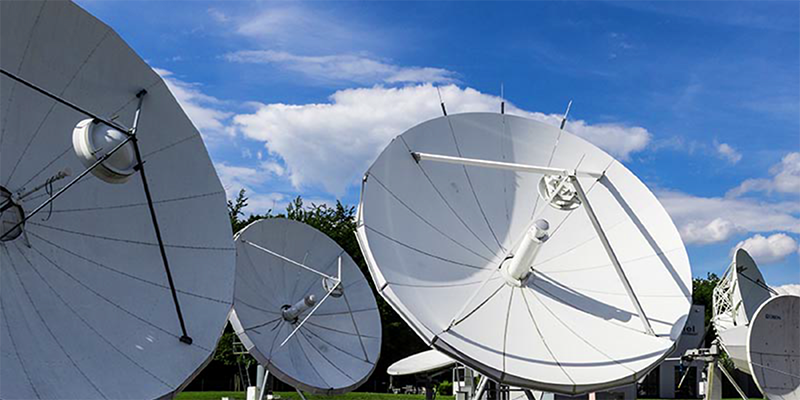Abaco Announces Significant Win from Major European Astrophysics Research Institute
Abaco Systems announced that it has won orders from a major European astrophysics research institute that will see Abaco’s range of innovative hardware platforms deployed at the heart of a new radio telescope system. The total lifetime value to Abaco of the win is expected to be $1.725 million.
“While Abaco is primarily associated with providing high-performance solutions to the defense market, the number of markets that can leverage the broad range of our unique capabilities is much wider,” said John Muller, Chief Growth Officer at Abaco. “That includes commercial, industrial, transportation, energy exploration, and many more industries that need rugged reliability allied with leading-edge performance. That’s particularly the case where the requirement is for sophisticated signal processing and analog to digital conversion – as with this application.”
The institute is active in a range of research activities as well as the development of instrumentation for observations of the universe. Specifically, it has developed several radio telescopes including the advanced electronic digital platforms which play a key role in the processing of significant amounts of data.
Observation of the universe has become an increasingly demanding application, driving the need to retrofit radio telescopes with receivers supporting higher bandwidth, a higher number of channels, and more powerful backends. The customer turned to Abaco for the company’s unique ability to meet all the requirements of the backend processing system.
The innovative, high-performance backend is equipped with Abaco’s boards and is designed to be modular, flexible, and scalable. The backend comprises two subsystems, each featuring a 3U VXP SBC329 single board computer, four VP430 Direct RF Processing Systems, two VP881 3U VPX FPGA cards, and two FMC424 dual QSFP+ FPGA mezzanine cards, together with a PEX431 multi-fabric switch. It is capable of analyzing up to 64 radio signals simultaneously, with bandwidth up to 2 GHz.
The research institute has been appointed by CASPER – the Collaboration for Astronomy Signal Processing and Electronics Research – to design a software platform for astronomy applications targeting the backend system built with Abaco’s solution. The innovative and scalable back-end system is destined to find a substantial international market.

